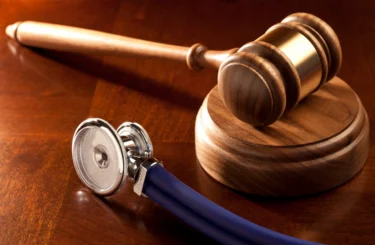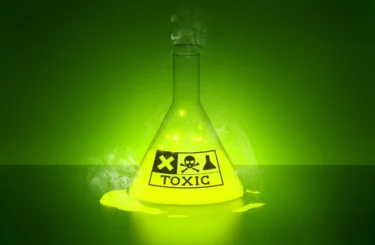What Kind of Experts Testify in Personal Injury Cases and Why?
In Michigan and elsewhere, a plaintiff in a case alleging negligence must prove that someone breached a duty of care and, as a result, the breach caused the plaintiff to be injured and suffer damages. A plaintiff presents evidence to support their case, and the defendant or defendants present evidence attempting to refute the plaintiff’s allegations.
Evidence may include testimony from the parties and other witnesses, as well as documentary evidence like police reports, photographs, and medical records. Often, the parties call on expert witnesses who can educate the jury in understanding and interpreting the facts and testimony presented as evidence.
Why Are Expert Witnesses Used?
In many cases, the evidence supporting a plaintiff’s claims or a defendant’s defense is not understood by the average juror, and may be highly specialized or technical. It can be challenging for a judge or jury members to interpret and understand the technical information and determine its relevance. Qualified expert witnesses can testify, based on their experience, education and training, about what the factual data shows, and the conclusions that can be drawn from it.
An expert must be qualified by education, training, knowledge, or experience to testify about a particular subject, and the court must accept those qualifications. Usually, experts have advanced degrees and several years of experience in a scientific or medical field. However, sometimes experts can be individuals with significant and meaningful knowledge about obscure and specialized topics.
What Kinds of Topics Do Expert Witnesses Testify About in Injury Cases?
Expert witnesses in personal injury cases testify about a wide variety of topics. For example:
- Medical professionals can testify about a plaintiff’s injuries, treatment, prognosis, and limitations.
- Psychologists can testify about a person’s state of mind during the occurrence and about long-term emotional damages resulting from their injuries.
- Accident reconstruction experts can testify how they believe an accident occurred and often use computer-generated simulations or models to illustrate their findings to a jury.
- Engineers can testify about a faulty or dangerous vehicle or vehicle part, a poorly designed intersection, a malfunctioning traffic signal, or other environmental factors that may have contributed to the occurrence.
- Economic experts can testify about lost income and loss of future earning opportunities.
There are certain types of cases where an expert is typically needed. For example, in medical malpractice actions, the plaintiff must present expert testimony to establish the standard of care that the doctor or healthcare professional owed to the patient and how the defendant violated that standard of care.
What Is the Procedure for Using Expert Witnesses in Michigan PI Cases?
If a party intends to introduce an expert witness’s testimony in court, they must disclose to the other parties in the case the name of the expert, the subject of their anticipated testimony, and the facts and opinions on which that testimony will be based. Other parties have the opportunity to “depose” each expert witness before trial—that is, to ask the expert questions, under oath, outside of the courtroom, with all other parties present. Parties may object to an expert’s testimony in part or in full; if there is an objection, the judge presiding over the case will determine whether an expert’s testimony is admissible.
Expert witnesses are compensated for their time and can be very expensive. However, they can be extremely valuable in proving (or disproving) liability for a plaintiff’s injuries and establishing the value of the long-term damage they have suffered. They can also dramatically affect a jury’s perception of a plaintiff’s wrongful conduct or contributory fault.
If you are seriously injured, consult with an experienced personal injury attorney immediately. An attorney can help you develop a winning litigation strategy to recover the compensation you deserve.
Judith A. Susskind
Judith (Judy) Susskind is one of Michigan’s foremost medical malpractice and personal injury trial attorneys who has, for over 30-years, successfully handled various medical malpractice cases and obtaining favorable outcomes for her clients and their families.





